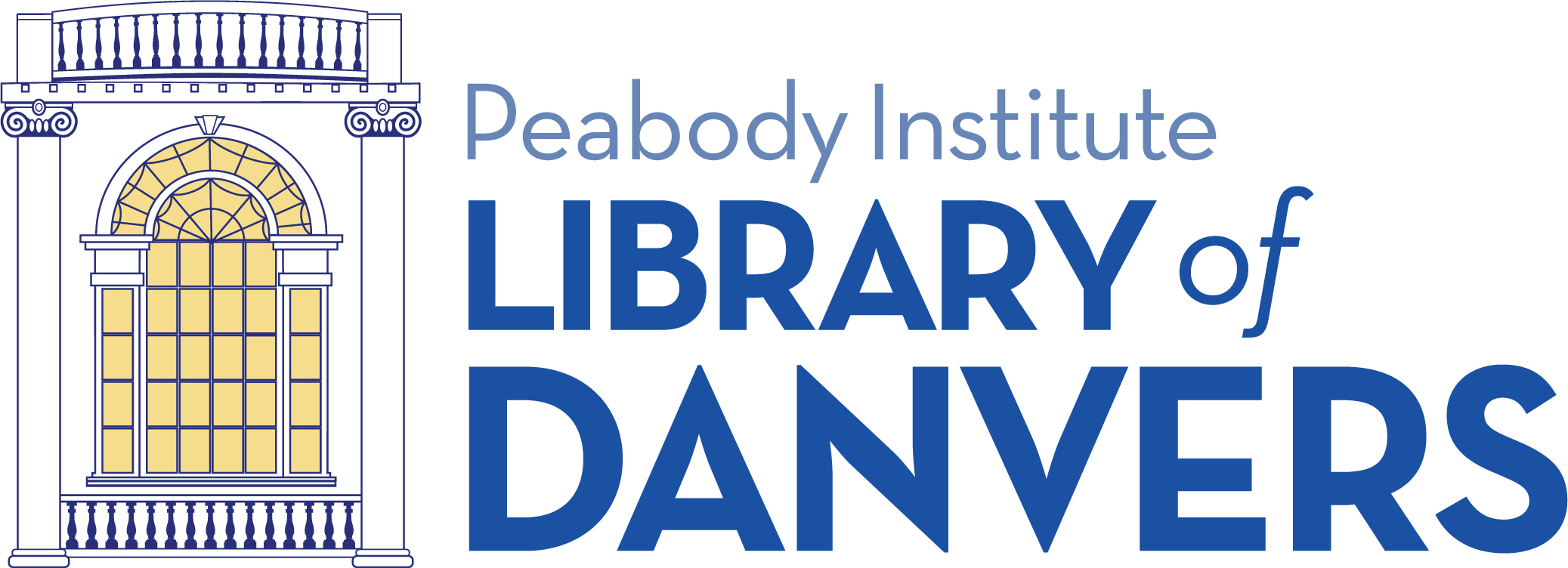As part of my preparation for the post on the 100th Anniversary of World War I: Reading List I had been doing a lot of reading about the start of the war and the early days of the war. One thing that struck me was repeated mention of the fact that the troops that England initially sent to France had been trained based on experiences learned in the Boer War fifteen years earlier. Also many of the upper level English officers in World War I got most of their combat experience from the Boer War. Like many people I knew little or nothing about the Boer War other than it happened in South Africa around the turn of the century. I felt like that was something I needed to change.
There are a few books you can choose from if you want to know more about the Boer War, but I settled on Martin Meredith’s Diamonds Gold and War: The British, the Boers, and the Making of South Africa. I liked this one because it’s not just about the Boer War itself but takes the reader through the whole 19th century and shows how all those events lead to the war. It briefly covers the establishment of the Cape Colony in the 17 century by the dutch, the take over of the colony by the British in the 18th century and events causing the establishment of the Boer republics of the Orange Free State and the South African Republic. The focus of the chapters switches back and forth between economic developments such as the business concerns that grew up around diamond and gold mining, the larger political conflicts between the English in South Africa, the Dutch in South Africa (called Boers) and the native Africans. All of these tensions are woven together to give the reader a clearer view of what lead to the Boer War. It also shows the step by step oppression of native Africans that lead to decades of Apartheid in South Africa.

Paul Kruger

Lobengula
Check out this interview with Martin Meredith on NPR




